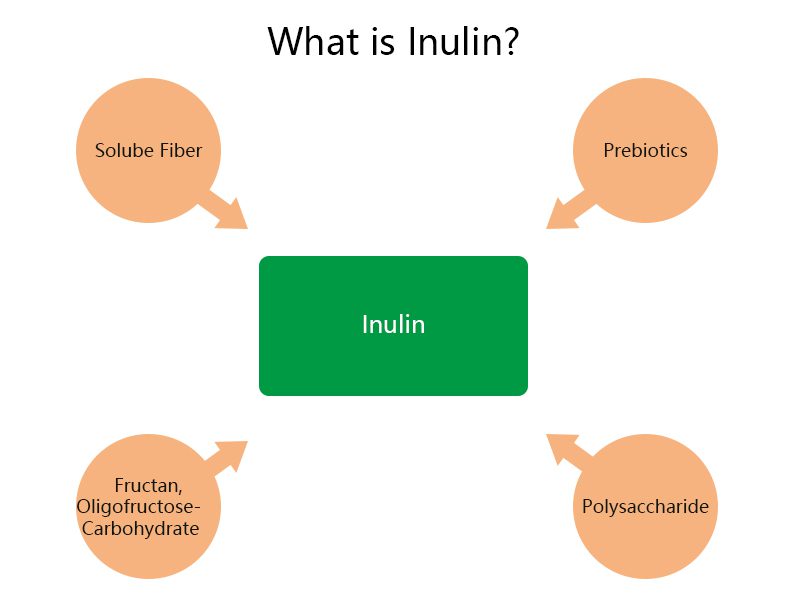Table of Contents
In the quest for healthier alternatives to refined sugar, natural sweeteners have surged in popularity. Let’s explore the distinct characteristics and benefits of some of the most intriguing natural sweeteners available today: organic monk fruit extract, organic dextrose, organic fructose, organic maltose, organic erythritol, organic allulose, organic xylitol, and organic stevia extract.
Organic Monk Fruit Extract
Monk fruit extract is a standout in the world of natural sweeteners. The small, green melon from which it is derived contains compounds known as mogrosides, which are responsible for its intense sweetness. Here’s a more detailed look at its properties:
- Sweetness: Up to 200 times sweeter than sugar.
- Calories: Virtually calorie-free.
- Impact on Blood Sugar: It does not raise blood sugar levels, making it suitable for diabetics.
- Usage: Common in beverages, desserts, and as a sugar replacement in cooking and baking.
- Health Benefits: Contains antioxidants which can help reduce inflammation and combat free radicals.
Organic Dextrose
Organic dextrose, a form of glucose, is a simple sugar that our bodies can quickly utilize for energy. Its detailed characteristics include:
- Sweetness: Less sweet than sucrose (table sugar).
- Calories: Contains 4 calories per gram, similar to other carbohydrates.
- Impact on Blood Sugar: Causes a rapid rise in blood sugar levels, which makes it useful in sports and recovery products.
- Usage: Widely used in baking, energy drinks, and medical solutions to quickly raise blood glucose levels.
- Health Considerations: Should be consumed in moderation, especially by individuals managing their blood sugar levels.
Organic Fructose
Fructose is a natural sugar found abundantly in fruits and honey. Here are some in-depth details:
- Sweetness: About 1.2 to 1.8 times sweeter than sucrose.
- Calories: Contains 4 calories per gram.
- Impact on Blood Sugar: Has a low glycemic index, meaning it does not cause significant spikes in blood sugar levels.
- Usage: Commonly used in beverages, baked goods, and sweet snacks to enhance flavor with less quantity.
- Health Considerations: High consumption of fructose, especially from processed sources, can lead to health issues like insulin resistance and liver problems.
Organic Maltose
Organic maltose, or malt sugar, is a disaccharide formed from two glucose units. Here’s a closer look:
- Sweetness: Less sweet than sucrose, with a mild, malty flavor.
- Calories: Contains 4 calories per gram.
- Impact on Blood Sugar: Causes a moderate increase in blood sugar levels.
- Usage: Often used in brewing (beer production), baking (especially bread and rolls), and confectionery.
- Health Benefits: It provides a steady energy release, making it suitable for athletic and endurance activities.
Organic Erythritol
Erythritol is a sugar alcohol that’s popular for its almost zero-calorie content. Let’s explore its features:
- Sweetness: About 70% as sweet as sucrose.
- Calories: Nearly calorie-free, with about 0.24 calories per gram.
- Impact on Blood Sugar: Does not raise blood sugar or insulin levels.
- Usage: Used in sugar-free and low-calorie products like chocolates, candies, and baked goods.
- Health Benefits: Does not cause dental cavities, is generally well-tolerated with minimal digestive upset, and is excreted unchanged in urine.
Organic Allulose
Allulose is a rare sugar with unique properties. Here’s a more detailed look:
- Sweetness: About 70% as sweet as sucrose.
- Calories: Very low in calories, with about 0.2 calories per gram.
- Impact on Blood Sugar: Has minimal impact on blood sugar and insulin levels.
- Usage: Ideal for low-calorie and low-carb products, such as snacks, beverages, and desserts.
- Health Benefits: May have benefits for weight management and does not cause digestive distress when consumed in moderate amounts.
Organic Xylitol
Xylitol is another sugar alcohol with beneficial properties. Here’s more about it:
- Sweetness: Matches the sweetness of sucrose.
- Calories: Contains 2.4 calories per gram, less than sugar.
- Impact on Blood Sugar: Has a low glycemic index, meaning it causes a slow increase in blood sugar levels.
- Usage: Common in dental products like toothpaste and gum, as well as in sugar-free candies and baked goods.
- Health Benefits: Promotes oral health by reducing the risk of cavities and has prebiotic benefits for gut health.
Organic Stevia Extract
Stevia, derived from the Stevia rebaudiana plant, is one of the most potent natural sweeteners. Here are some detailed points:
- Sweetness: Up to 300 times sweeter than sucrose.
- Calories: Zero calories.
- Impact on Blood Sugar: Does not affect blood sugar levels, making it ideal for diabetics.
- Usage: Widely used in beverages, tabletop sweeteners, and as a sugar replacement in various recipes.
- Health Benefits: Antioxidant properties, potential blood pressure-lowering effects, and suitable for weight management.
Conclusion
Natural sweeteners such as organic monk fruit extract, organic dextrose, organic fructose, organic maltose, organic erythritol, organic allulose, organic xylitol, and organic stevia extract offer a diverse range of benefits. They provide sweetness without the detrimental health effects associated with refined sugar, catering to various dietary needs and preferences. Understanding their individual properties and health impacts can help you make informed choices in incorporating these sweeteners into your diet. If you want to get more information about all of these products, you can view our products.

